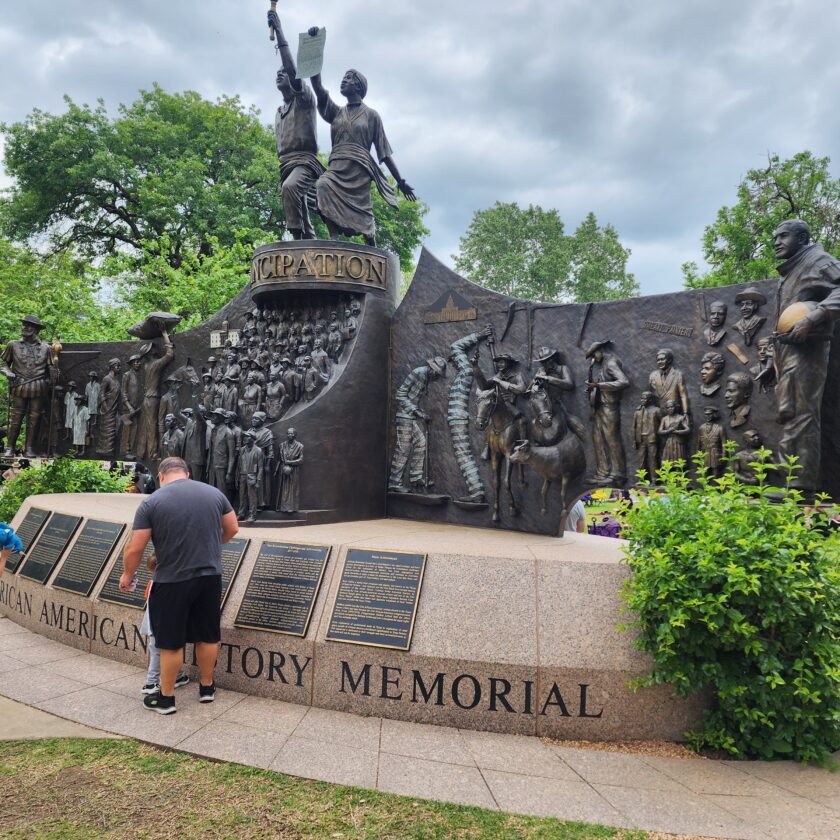In his widely anticipated memoir, Ai Weiwei—one of the world’s most famous artists and activists—tells a century-long epic tale of China through the story of his own extraordinary life and the legacy of his father, Ai Qing, the nation’s most celebrated poet. (Barnes and Nobles)
Ai Weiwei (Chinese: 艾未未; pinyin: Ài Wèiwèi, born 28 August 1957) is a Chinese contemporary artist and activist. Ai grew up in the far north-west of China, where he lived under harsh conditions due to his father’s exile.[1] As an activist, he has been openly critical of the Chinese Government‘s stance on democracy and human rights. He investigated government corruption and cover-ups, in particular the Sichuan schools corruption scandal following the collapse of “tofu-dreg schools” in the 2008 Sichuan earthquake. In 2011, Ai Weiwei was arrested at Beijing Capital International Airport on 3 April, for “economic crimes”. He was detained for 81 days without charge. Ai Weiwei emerged as a vital instigator in Chinese cultural development, an architect of Chinese modernism, and one of the nation’s most vocal political commentators.[1]
Ai Weiwei encapsulates political conviction and his personal poetry in his many sculptures, photographs and public works. In doing this, he makes use of Chinese art forms to display the Chinese political and social issues.[2]
After being allowed to leave China in 2015, he has lived in Berlin, Germany, in Cambridge, UK, with his family, and, since 2021 in Portugal.
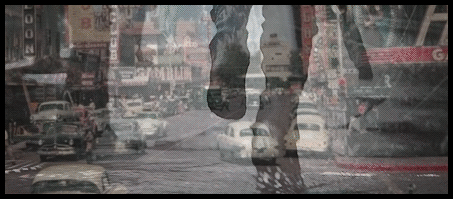

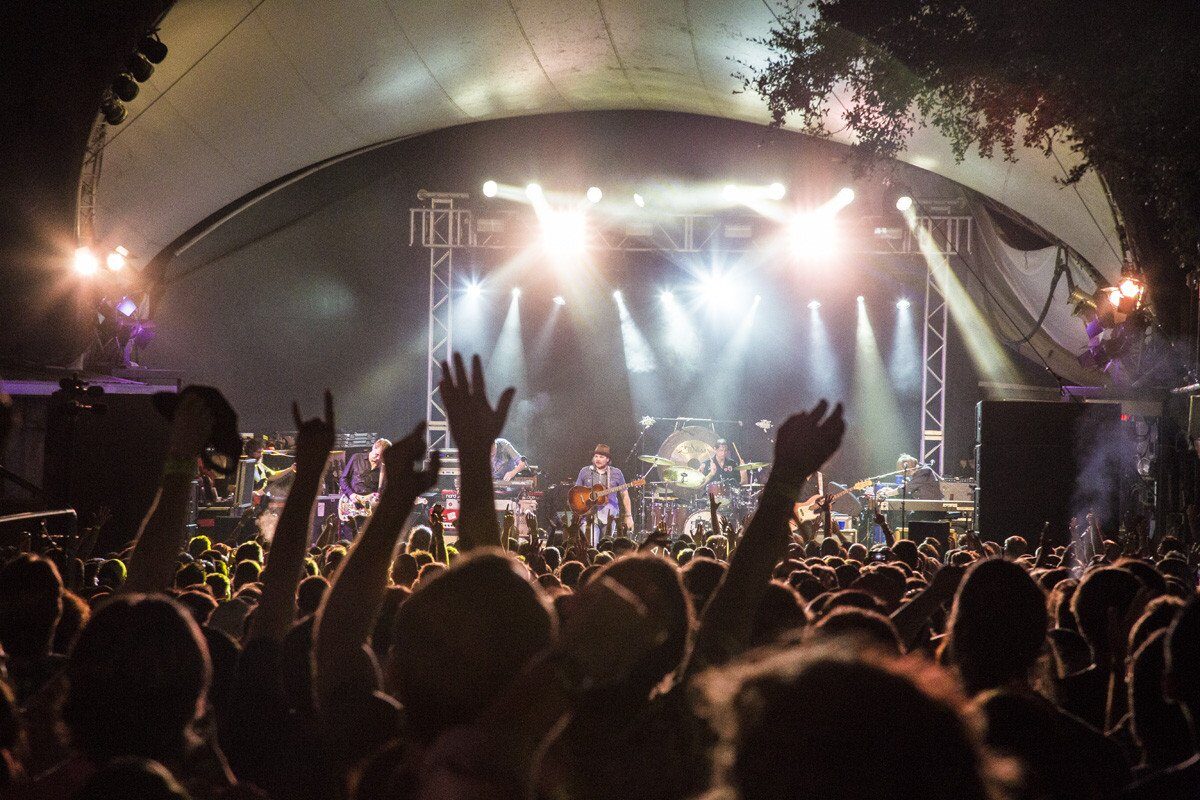
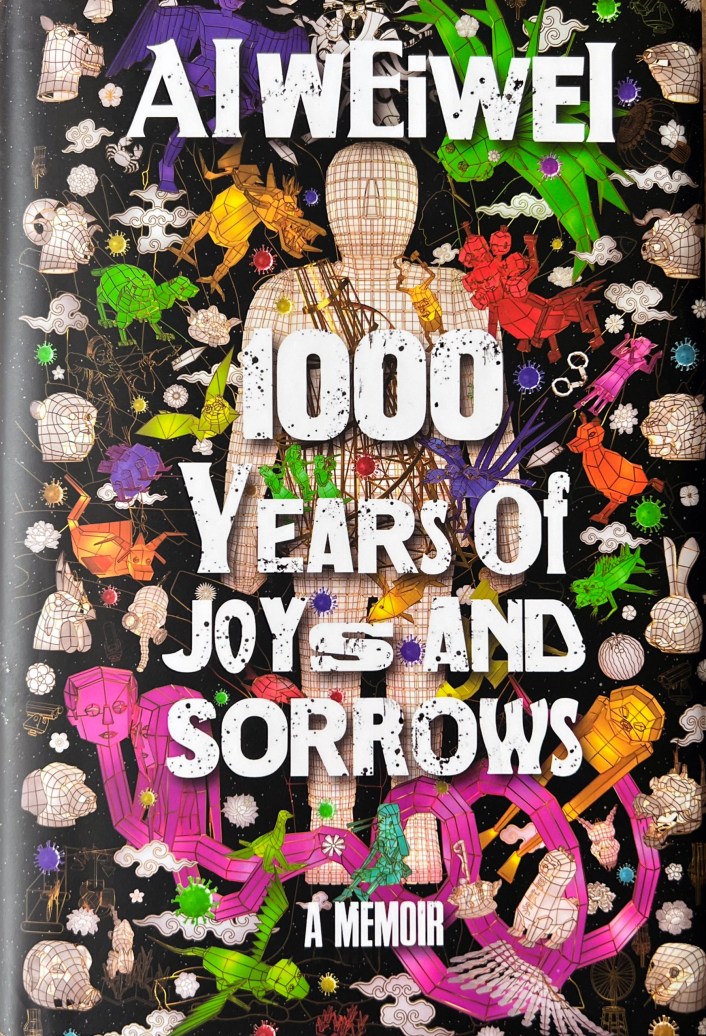
















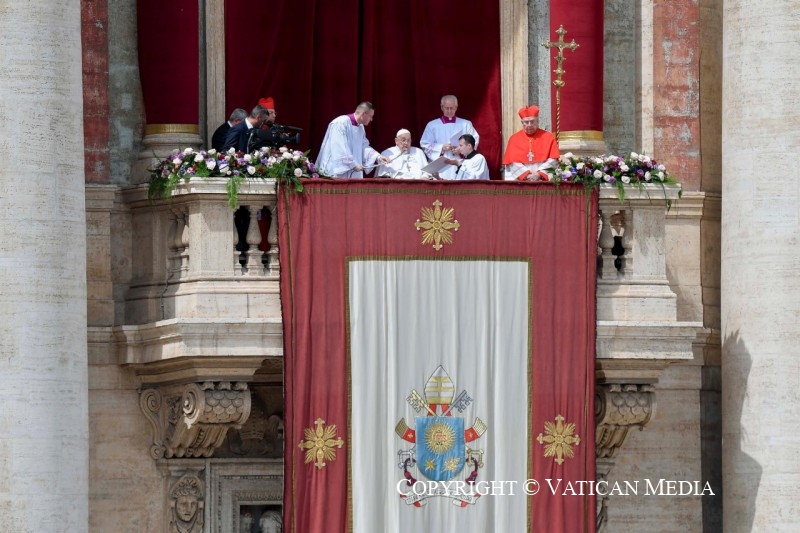
 . A church...
. A church...

